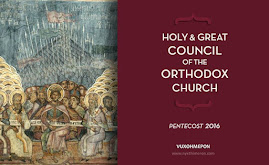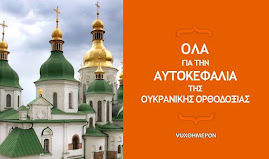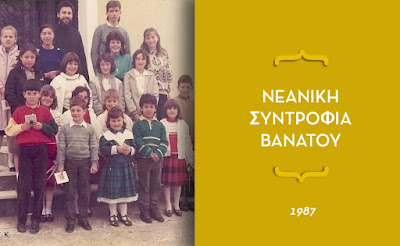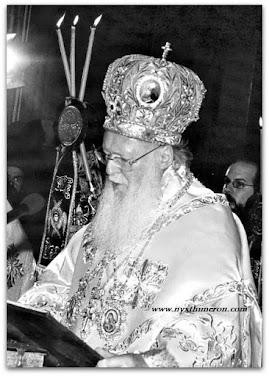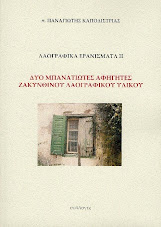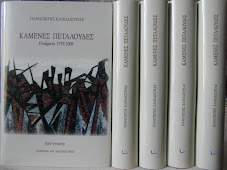CATECHETICAL HOMILY
At the Opening of Holy and Great Lent
+ BARTHOLOMEW
By God’s mercy Archbishop of Constantinople-New Rome and Ecumenical Patriarch
To the Plenitude of the Church
May the Grace and Peace of our Lord and Savior Jesus Christ be with you together with our Prayer, Blessing and Forgiveness
With the grace of God, the giver of all gifts, we have once again arrived at Holy and Great Lent, the arena of ascetical struggle, in order to purify ourselves with the Lord’s assistance through prayer, fasting and humility, as well as to prepare ourselves for a spiritual experience of the venerable Passion and the celebration of the splendid Resurrection of Christ the Savior.
In a world of manifold confusion, the ascetic experience of Orthodoxy constitutes an invaluable spiritual asset, an inexhaustible source of divine knowledge and human wisdom. The blessed phenomenon of ascesis, whose spirit pervades our entire way of life – for “asceticism is Christianity in its entirety” – is not the privilege of the few or chosen, but an “ecclesial event,” a communal good, a shared blessing and the common vocation for all faithful without exception. The ascetical struggles, of course, are not an end in themselves; the principle that “ascesis exists for the sake of ascesis” is not valid. The purpose of ascesis is the transcendence of one’s own will and the “mind of the flesh,” the transferal of the center of life from individual desire and the “right,” toward love that “does not seek its own,” in accordance with the scriptural passage: “Let no one seek his own good, but the good of the other.” (1 Cor. 10.24)
Such is the spirit that prevails throughout the long historical journey of Orthodoxy. In the New Miterikon, we encounter an excellent description of this ethos to renounce “our own” in the name of love: “Some hermits from Scetis once approached Amma Sarah, who offered them a container with basic provisions. The elders set aside the good food and consumed the bad. The righteous Sarah said to them: ‘You are truly monks from Scetis’”[1]. This sensitivity and sacrificial use of freedom is foreign to the spirit of our age, which identifies freedom with individual assertions and claims for rights. Contemporary “autonomous” man would never have consumed the bad food, but only the good, convinced that in this way he expresses – while authentically and responsibly employing – individual freedom.
This is where the supreme value of the Orthodox concept of human freedom lies. It is a freedom that does not demand but shares, does not insist but sacrifices. The Orthodox believer knows that autonomy and self-sufficiency do not liberate humanity from the shackles of the ego, of self-realization and self-justification. The freedom “for which Christ has set us free” (Gal. 5.1) mobilizes our creative capacity and is fulfilled as rejection of self-enclosure, as unconditional love and communion of life.
The Orthodox ascetical ethos does not know division and dualism; it does not reject life, but rather transforms it. The dualistic vision and denial of the world is not a Christian concept. Genuine asceticism is luminous and charitable. It is a characteristic of Orthodox self-conscience that the period of fasting is permeated by the joy of the Cross and the Resurrection. Moreover, the ascetic struggle of Orthodox Christians – much like our spirituality and liturgical life in general – communicates the fragrance and radiance of the Resurrection. The Cross is found at the heart of Orthodox piety, but it is not the final point of reference in the life of the Church. Instead, the essence of Orthodox spiritual life is the ineffable joy of the Resurrection, toward which the Cross constitutes the way. Accordingly, during the period of Great Lent, the quintessence of experience for Orthodox Christians is always the yearning for the “common resurrection.”
Pray, then, precious brothers and sisters in the Lord, that we may be deemed worthy, with the grace and support from above, through the intercessions of the Theotokos, as first among the saints, and of all the saints, that we may run the race of Holy and Great Lent in a way that is fitting and joyous before Christ, joyfully exercising, in obedience to the rule of church tradition, the “common struggle” of fasting that extinguishes the passions, constantly praying, helping the suffering and needful, forgiving one another and “giving thanks for all things” (Thess. 5.18), in order that we might venerate with a devout heart the “Holy, Saving and Awesome Passion” as well as the life-giving Resurrection of our Lord, God and Savior Jesus Christ, to whom belong glory, power and thanksgiving to the endless ages. Amen.
Holy and Great Lent 2019
✠ Bartholomew of Constantinople
Fervent supplicant for all before God
[1] P.V. Paschos (ed.), New Miterikon (Athens: Akritas Publications, 1990), 31.

























